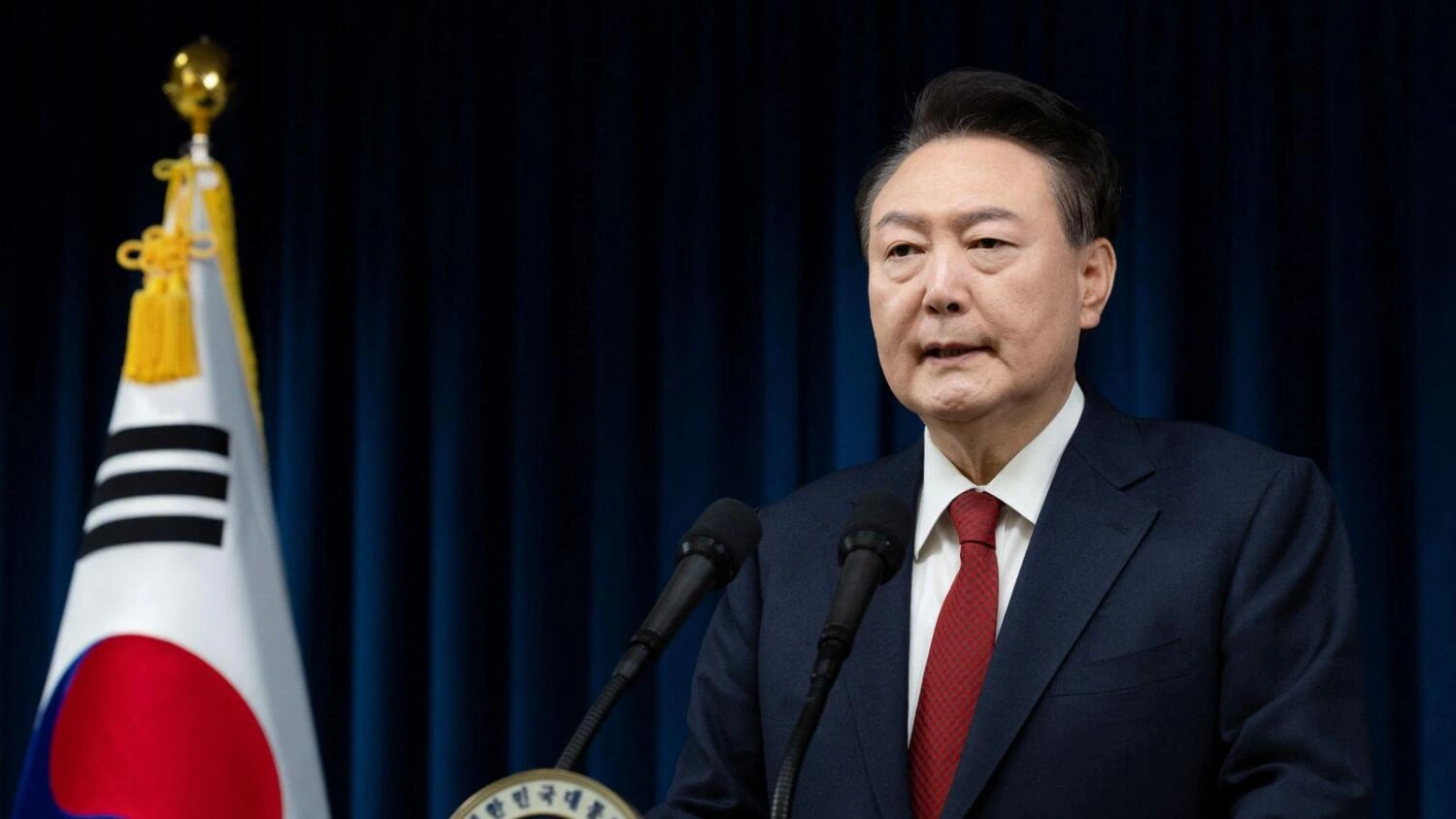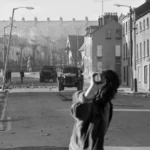South Korea’s President Yoon Suk Yeol apologized on Saturday for declaring martial law earlier this week, but he stopped short of resigning. The controversial move has sparked widespread protests and a heated political debate as parliament prepares for a crucial impeachment vote that could determine his future.
On Tuesday night, Yoon shocked the nation and the international community by imposing martial law for the first time in over 40 years. He deployed troops and helicopters to the National Assembly in an unprecedented action. However, lawmakers managed to reject the decree, forcing Yoon to reverse his decision early Wednesday after a dramatic night.
In his first public address since the crisis began, Yoon said, “The declaration of martial law arose from my desperation as president. I caused anxiety and inconvenience to the public. I sincerely apologize.”
Despite his apology, the opposition and some members of his own party have demanded his resignation. Parliament is set to vote on his impeachment later on Saturday, though opposition leader Lee Jae-myung noted it’s unclear if the motion will pass.
Public Protests Intensify
Hundreds of protesters gathered outside the National Assembly on Saturday, with organizers expecting up to 200,000 participants to pressure lawmakers. Despite mounting calls for him to step down, Yoon stated in his address that he would entrust his party with measures to stabilize the political situation.
Within Yoon’s People Power Party (PPP), opinions are divided. Party leader Han Dong-hoon has publicly called for Yoon’s resignation, warning that continued political instability could harm the country. “The president’s normal performance of duties is impossible under the current circumstances,” Han said.
The opposition controls 192 seats in the 300-member parliament, and just eight defections from Yoon’s party would secure the two-thirds majority needed for impeachment. If the vote passes, Yoon would be suspended, and the Constitutional Court would decide his fate.
Legal and Political Fallout
Police have launched an investigation into Yoon and others for alleged insurrection. During his speech, Yoon acknowledged his legal and political accountability but did not elaborate on potential consequences. Opposition leader Lee Jae-myung criticized Yoon’s response, calling it “very disappointing.” He argued that public anger and betrayal demand either Yoon’s immediate resignation or impeachment.
An opinion poll released Friday showed Yoon’s approval rating at a record low of 13 percent. “The public will not forgive him,” said Lee Wan-pyo, a 63-year-old retiree. Younger citizens, like 19-year-old Jeon Yeon-ho, expressed concerns about the country’s democratic stability, calling for steps to prevent such events in the future.
Dramatic Scenes in Parliament
Yoon’s martial law order had intended to “eliminate anti-state elements plundering people’s freedom,” but it instead triggered a standoff in parliament. Security forces sealed the National Assembly, helicopters landed on the roof, and nearly 300 soldiers were sent to secure the building. However, parliamentary staff blocked soldiers using sofas and fire extinguishers, enabling lawmakers to climb walls and vote down the decree.
Reports suggest special forces were ordered to detain key politicians but hesitated upon realizing the situation was politically driven. This chaotic episode has reignited memories of South Korea’s authoritarian past, alarming allies like the United States.
US Secretary of State Antony Blinken expressed his concerns to South Korea’s foreign minister, emphasizing the importance of democratic processes.
As South Korea awaits the outcome of the impeachment vote, the country grapples with the fallout of one of the most dramatic political crises in its recent history.









